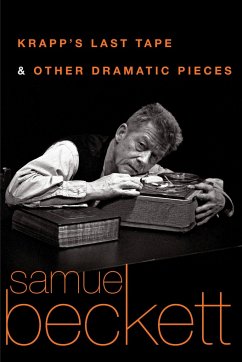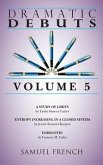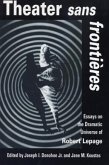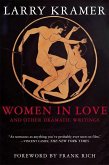This collection of Nobel Prize winner Samuel Beckett's dramatic pieces includes a short stage play, two radio plays, and two pantomimes. The stage play"Krapp's Last Tape"evolves a shattering drama out of a monologue of a man who, at age sixty-nine, plays back the autobiographical tape he recorded on his thirty-ninth birthday. The two radio plays were commissioned by the BBC;"All That Fall""plumbs the same pessimistic depths (as"Waiting for Godot") in what seems a no less despairing search for human dignity" (London"Times"), and"Embers"is equally unforgettable theater, born of the ramblings of an old man and his wife. Finally, in the two pantomimes, Beckett takes drama to the point of pure abstraction with his portrayals of, in"Act Without Words I," frustrated desired, and in"Act Without Words I," corresponding motions of living juxtaposed in the slow despair of one man and the senselessly busy motion of another.
Hinweis: Dieser Artikel kann nur an eine deutsche Lieferadresse ausgeliefert werden.
Hinweis: Dieser Artikel kann nur an eine deutsche Lieferadresse ausgeliefert werden.








